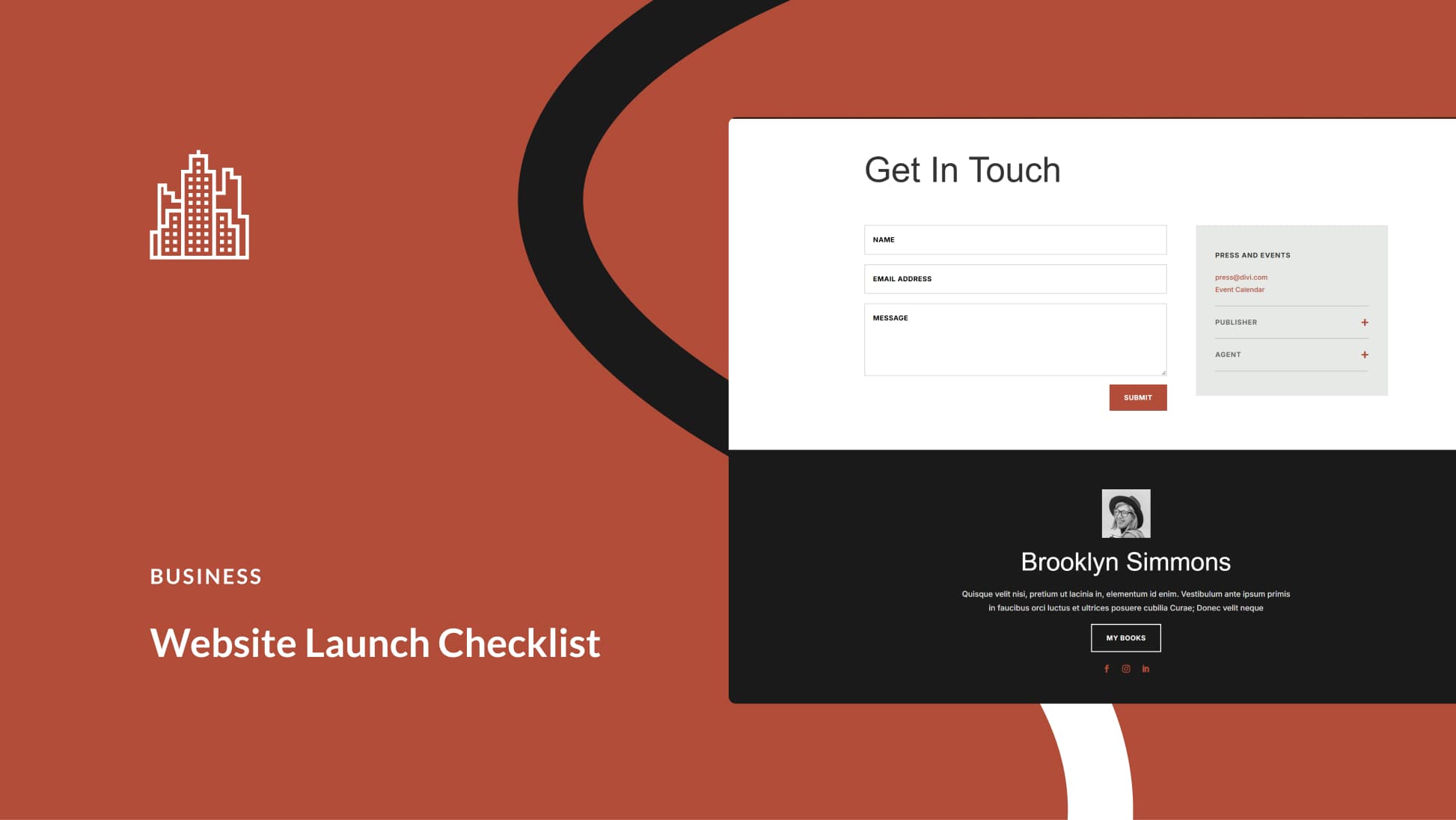“Mind the Gap” is a popular phrase first coined by the London Underground’s transit system. As it turns out, though, the idea of minding the gap is an apt metaphor for life.
The phrase was originally meant to alert Tube passengers to the gap between the sidewalk and the train cars when boarding. Stepping into this gap is dangerous and could cause physical harm. Over time, “Mind the Gap” entered popular culture as a slogan.
Most people need to step back occasionally and watch closely to make sure their next steps are leading them where they want to go. If we’re not minding the “gaps” in our life and work, so to speak, we can easily fall into patterns that are, at best, unproductive–and at worst, destructive.
Whether you’re a web designer, software developer, graphic designer, copywriter, or entrepreneur, being deliberate in your actions and responses can help you avoid common pitfalls in your industry and in life, too. Let’s look at a few potential “gaps” you can avoid by being mindful of your next steps.
The Procrastination Gap
Procrastination is a definite pitfall for many professionals. If you’re not deliberate about planning, efficiency, and self-discipline, it can be all too easy to fall into a procrastination gap.
We procrastinate when we feel overwhelmed, when we can’t focus at work, or when we fail to plan effectively. While you may delay temporary discomfort by putting a project off “until tomorrow” (over and over), procrastination causes work to pile up.
Eventually, like the frog in the proverbial pot, you may find yourself boiling over with more work than you can handle doing in a short period of time. Allowing this to happen time and again can lead to burnout, which in turn causes further procrastination.
Procrastination can also damage your relationship with clients. Clients who are waiting for you to turn in projects will become increasingly impatient as your procrastination habit goes on. As a result, you could actually end up losing work.
How to mind the gap: Utilize planners and content management tools to help you stay on top of your work. Some people (myself included) use both paper and digital workflow tools in order to keep track of assignments. Tools such as ClickUp, TeuxDeux, Asana, and Trello can help you organize your work.
When you feel tempted to put off work, give yourself a pep talk. Set up a reward system for yourself if necessary. External accountability, such as conducting “office hours” with a colleague over Zoom or Google Hangouts, could also be helpful.
The Complacency Gap
Minding the gap is essential when it comes to complacency. It can be dangerous to get too comfortable where you are, professionally or otherwise. This applies to both freelancers and career professionals working 9-5 jobs.
When you become complacent, you might feel comfortable in the moment. However, complacency leads us to neglect practices that are essential for growth, such as professional development and prospecting for new clients. If you’re not consistently working to grow, you’ll be left behind professionally–whether it’s losing relevance at your job or scrambling to replace clients after a lost contract.
How to mind the gap: Make time in your schedule for learning and growth. Keep an eye out for jobs in your field, and learn the skills required for the work you aspire to. Schedule time to network and reach out to prospective clients every week to keep your pipeline healthy.
The Hustle Gap
Hustle is a frequently-used buzzword among freelancers, entrepreneurs, and other career professionals, but hustle can be a gap of its own. While it’s not healthy to become complacent in your professional life, hustling too much can cause you to burn out.
Working hard is absolutely a virtue, but working too hard has negative consequences all the way around. You may take on more work than you can handle, causing a bottleneck in your workflow. You may also experience sleep deprivation as a result of your packed schedule, which will cause the quality of your work to suffer. If you’re burned out, you will have compounded trouble getting your work done.
How to mind the gap: To avoid falling into a hustle gap, block out your time and limit how much you work. It’s okay to build in time for rest, relaxation, and fun–which can help you be more efficient and productive when it’s time to work.
The Self-Care Gap
Minding the gap is essential when it comes to self-care. It’s common for professionals in all industries to neglect their self-care from time to time, but if you’re not careful, it can become a long-lasting habit.
Caring for yourself poorly can lead to stress, burnout, and health problems, which will affect your ability to work effectively–if at all. While it can be expedient to overlook self-care in the moment, it will catch up sooner or later.
How to mind the gap: It’s important to make sure you’re eating well, exercising, and getting plenty of rest as part of your daily routine. If you need to, write down your daily habits in a journal so you can get a good picture of how well you’re caring for yourself. Add in enjoyable, self-soothing routines that help you feel invigorated, such as yoga, meditation, or walking.
The Comparison Gap
Comparing yourself to your competition is the ultimate gap. When you play the comparison game, you effectively take your attention away from your own skills and customers–and instead focus them on someone else’s.
It’s crucial to stay focused on the work you do, the clients you serve, and the quality of service you provide to them. While market research is important, if you spend too much time fixated on your competitors, you could lose traction in your own brand.
If you work a 9-5, your competitors could be your teammates or the employees vying for a promotion. But you were hired because you’re a good fit for what you do. Focus on honing your skills and growing into a more authentic version of yourself. As a result, you’ll be more likely to attract the attention you want and deserve.
How to mind the gap: Remember who you serve and why you’re a fit in your particular niche. Ultimately, your team, clients, prospects, and audience need to hear from you. They follow you because you resonate with them. Rather than getting too hung up on trying to be like your competitiors, focus on continuing to grow your authentic brand and improving your services.
Wrapping Up
Minding the gap can help you steer clear of potential pitfalls and stay on the right path for your career. When you’re able to avoid major missteps, grow professionally, and sharpen your skills, you’re more likely to experience more happiness and greater satisfaction.
How do you mind the gap in your career? Let us know in the comments section!
Featured Image via rudall30 / shutterstock.com









Excellent article!!! Me and my partner are always looking forward for minding our gaps. But we didn´t know it was called like this and we don´t have it as clear as you expose here. Thanks a lot for sharing your knowledge.